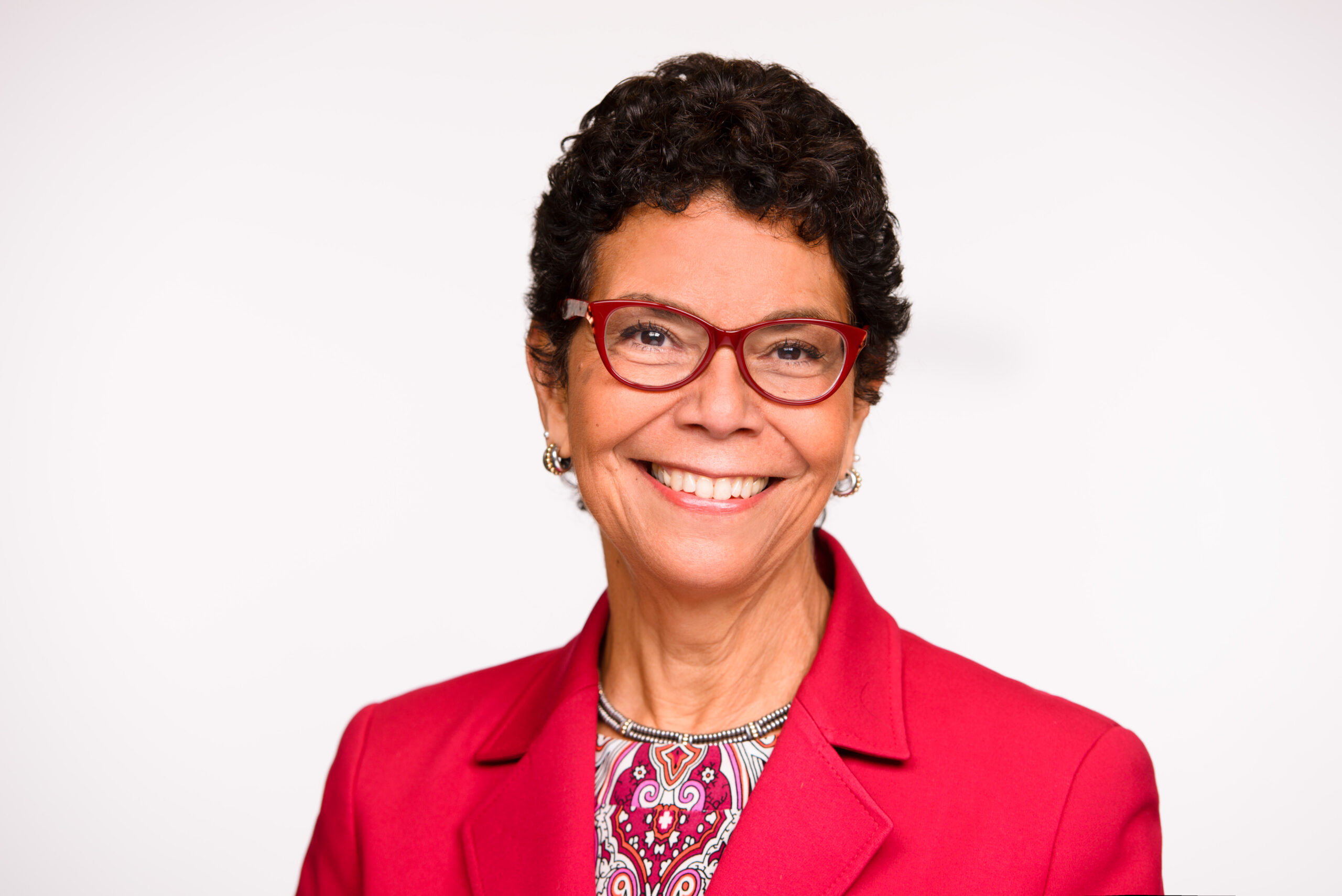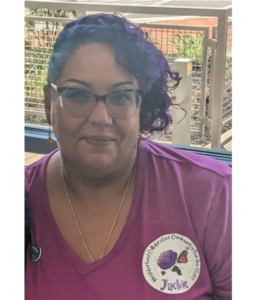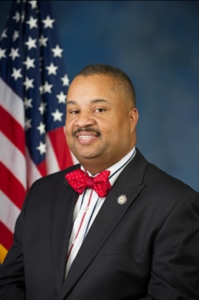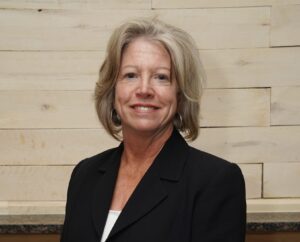Rutgers-Camden Phoebe Haddon Inspires As Chancellor

Dr. Phoebe Haddon
By Clyde Hughes | AC JosepH Media
CAMDEN – Rutgers University Camden Chancellor Phoebe Haddon doesn’t have to look far to find a history-making role model who shaped her life.
Haddon’s mother, Ida Bassette Haddon, a brilliant mathematician, was one of a group of African-American women hired by NASA at the dawn of the space program. Their roles in sending the first men into space was virtually a secret until Margot Shetterly’s book “Hidden Figures,” followed by the Academy Award-nominated movie in 2016.
While the movie focused on Katherine Johnson, Dorothy Vaughan and Mary Johnson, played by Taraji P. Henson, Octavia Spencer and Janelle Monae, respectively, the book also highlighted Bassette Haddon and other black women that helped NASA become the world’s space leader.
Hidden Figure to Role Model
She worked alongside Vaughan at NASA and became a shift supervisor with her. She eventually left the space agency and became a public school teacher.
“My mother … later took a job in Passaic, N.J. first as a junior science and math teacher in a predominately black and Hispanic junior high,” Haddon said in an exclusive interview with Front Runner New Jersey.com. “In that role and later as a guidance counselor in Passaic High, she encouraged students to go to college.
“Many of these students had never had a member of their family consider college. She had a profound effect on these students and their future — probably as much as her role as a supervisor of the earliest ‘Hidden Figures,'”
Another Inspiring Role Model
Haddon said her aunt and mother’s sister, Rachel Bassette Noel, went on to become a civil rights leader in Denver, leading the city’s school board and challenging the segregation policies there and within the city itself.
She was involved in the historic Keyes v. School District No. 1 Denver case that reached the U.S. Supreme Court in 1973, where it ruled that the district’s de facto segregation affected a substantial part of the school system and therefore was a violation of the Equal Protection Clause.”
Blazing Her Own Trail
Haddon now is blazing her own leadership trail as one of the few African-American leaders of heading a higher education institution in the country. She has been chancellor since 2014, directly responsible for the daily administration of a campus that has more than 1,300 employees and enrolls nearly 7,000 students.
Under Haddon, Rutgers University–Camden has widely expanded affordable access through its Bridging the Gap program, which provides full or significant tuition coverage for New Jersey’s working families.
She also has expanded Rutgers–Camden’s role as an anchor institution in Camden and the Delaware Valley by expanding the institution’s nationally recognized civic engagement program under Associate Chancellor Dr. Nyeema Watson.
More African-American, People of Color Needed
Haddon said the need for African-American role models and other people of color remains great and she hopes to she is inspiring others to reach higher.
“I take this role model opportunity very seriously because, sadly, there are still far too few women of color and particularly black women in higher education leadership positions,” Haddon said. “Young people and even older folks who continue to seek new leadership options have to be able to imagine themselves in such roles.
“In addition to role models women and people of color need mentors with whom they can interact and express their fears, aspirations, and explore in confidence experiences which might suggest they have been experiencing discrimination. When asked or if there appears to be this interest I try to offer advice and counsel or just a sympathetic ear,” Haddon added.
Attorney and Educator
An attorney by trade as well as an educator, Haddon served as dean of the University of Maryland’s Francis King Carey School of Law. Before that, she served more than 25 years as a faculty member at the Temple University Beasley School of Law, where she fought racial and gender bias on the Pennsylvania bench and bar, serving on several state and city bodies, including the City of Philadelphia Board of Ethics.
Haddon’s husband, Frank McClellan, is a professor emeritus of law at Temple University.
She practiced at Wilmer Cutler & Pickering in Washington, D.C., and clerked for the Honorable Joseph F. Weis Jr. of the United States Court of Appeals for the Third Circuit.
Date With Ruth Bader Ginsburg
Of all the recognitions she’s received, she said he holds the Ruth Bader Ginsburg Lifetime Achievement Award from the Association of American Law Schools closest to her.
“Justice Ginsburg, who taught at Rutgers Law early in her career, was hospitalized around the time this award which was conferred in New Orleans at the AALS meeting,” Haddon said. “I have an appointment in early November to visit her chambers in D.C. to bring my award for some photos. I can’t wait.”
Haddon said she would like to see Rutgers-Camden continue to rise in stature and prominence as a world-class research university that also is a national model for universities that wish to be civically engaged in a meaningful fashion.
“We will continue to play a leadership role in Camden’s ongoing growth and revitalization by partnering with our neighborhoods to make sure that every family has the opportunity to rise,” Haddon continued.
Haddon earned her bachelor’s degree from Smith College, her juris doctor from Duquesne University School of Law in 1977 and her LL.M. from Yale Law School in 1985.
Photo courtesy Rutgers University-Camden
Note from AC Joseph Media: If you like this story and others posted on Front Runner New Jersey.com, lend us a hand so we can keep producing articles like these for New Jersey and the world to see. Click on Support FRNJ and make a contribution that will go directly in making more stories like this available. Thank you for reading.






4 thoughts on “Rutgers-Camden Phoebe Haddon Inspires As Chancellor”